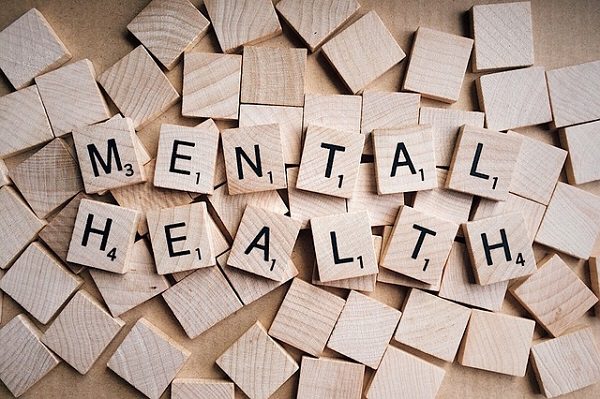This is Day 21 of the 2017 #30Days30Writers Ramadan series – June 16, 2017
By Sakinah Kaiser
Author’s note: This is part one of a two-part series in which I am discussing what I intend to work on in the last 10 days and nights of Ramadan. Part two will be published on my blog, “The Muslim Hippie.”
It can be challenging to live with impulsivity issues. For me, due to both ADHD and bipolar disorder, I have difficulty with impulse control on a frequent basis. This has been a fixture in my life for as long as I can remember. I tend to act/react first without thinking about the consequences. In the moment, all my attention is centered around whatever I’m about to do or say, and I can’t think of anything else.
It’s as if everything ceases to exist. Only in hindsight do I feel regret and shame when I’ve behaved in ways that harm myself or others, or in ways that don’t show the person I want to be.
Being impulsive creates hurdles in all aspects of my life. In relationships, work situations, with family, in social settings, etc. it can cause confusion and discomfort. And yet, I still struggle with how to combat this aspect of my mental health. The problem with impulsivity is that you lack the foresight to recognize when you’re about to act. Often, by the time you sense a concern, you’ve already said or done something you wish you could take back.
You may not even notice your behavior until someone points it out. The worst moment is when you understand that you’ve acted impulsively yet again, and you must now take a mental survey of the situation. It can be extremely demoralizing and embarrassing, to say the least.
In trying to work on this issue, I began to look at the root of the behavior to see how I could make changes. I recognized that I experience impulsivity both during mania/hypomania and when my ADHD symptoms aren’t controlled. The two scenarios are different, though the result is the same. When I’m in a state of mania, my thought process is entirely altered.
During those times, I don’t understand how my actions might impact the future, and everything seems like a great idea. With mania, it’s easy to act in opposition to my manners, morals or values, because my judgment is compromised. This impulsivity can be challenging to catch once my mental state changes. And, it tends to involve a considerable amount of risk as well.
With ADHD, when I’m experiencing periods of hypersensitivity, I’m more prone to knee jerk reactions to events in my life; even small day to day occurrences. This impulsivity, often, is the result of being triggered by things in my environment and an inability to pause in the moment.
Today when I examined my impulse control issues in depth, I began to feel despondent. I felt as though I’d never be able to trust myself not to act without thinking. I wanted to hide away from the world, more specifically, I wanted to simply disappear. Images of what I’ve done and said over the years without any forethought flashed through my mind, and I couldn’t face the reality of the situation.
But then I decided to reflect. I saw that in noticing what’s happening and desiring change, I have the opportunity to improve my self-control. That was the blessing I needed to return to a more productive frame of mind.
When I met with my therapist about this, he was able to remind me of different strategies we’ve discussed for how to become more mindful and present with my behavior. Additionally, I looked for specific tools to help curb my impulsivity, and I made a plan of action for the future.
I’ve been actively thinking about the last 10 days/nights of Ramadan and how I want to observe them. This is the time when the Prophet (pbuh) would push himself in worship and devotion, more than any other period during the year. I decided that along with focusing on my ibadaat and charitable deeds, now is the best time for me to renew my commitment to living well with mental illness.
A list of tools with which to manage my impulsivity:
- Recognize my reactions to situations before saying or doing anything. Learn to sit with my feelings and observe what may be motivating my urge to act. Remind myself that I don’t need to respond immediately to my environment. Time gives me the benefit of maximizing self-control.
- Remember how I feel in the moments after I’ve acted impulsively. Feelings of regret are less productive than taking a moment to think things through beforehand.
- Know my triggers and points of sensitivity. Learn to reprogram my negative feelings surrounding things that typically cause me to react too quickly.
- Keep a mood and symptom chart. Tracking exactly how I’m feeling each day and how well my medications are working, will allow me to notice changes in my mental/emotional state. This way I can be more proactive with mania and hypomania, and hopefully lessen impulsive urges.
- Choose to think about how my actions may impact those around me. Ask myself if what I’m about to do will have consequences I don’t intend. Give myself a moment to breathe and think things through.
Sakinah Love blogs at The Muslim Hippie on Patheos Muslim.
















